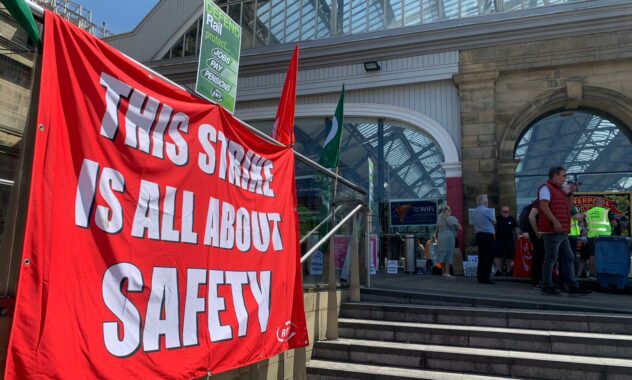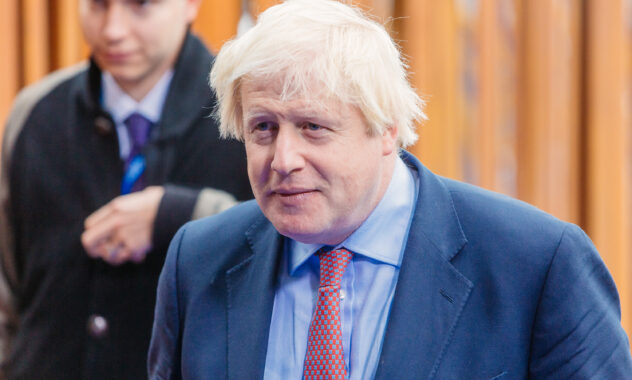Sunak introduces new changes to Job Support Scheme
Unite the union says the government's offering still falls well below that of France and Germany.

Chancellor, Rishi Sunak, has made yet more changes to the forthcoming Job Support Scheme, but unions warn he has not gone far enough to protect jobs.
In a statement yesterday (Thursday 22 October 2020), he said employers will now only have to pay 5% of workers’ wages during hours they are furloughed to qualify for the scheme, down from the 33% announced less than a month ago.
Workers need only return for 20% of their usual hours, which will be paid in full by the employer, and can be furloughed for the rest of their hours. This is down from the 33% of hours announced in September.
The government will pay 62% of workers’ wages for those hours they are furloughed, up the 33% originally announced.
Grants for self-employed people have also been doubled to 40% of previous earnings.
Businesses will receive financial support to help cover fixed operation costs, rising according to the ‘Tier’ of restrictions where the business is based.
But unions warned that the support on offer would still not be enough to save the most vulnerable sectors.
Unite the Union said aviation, aerospace an hospitality will be especially hard hit and need targeted support.
“These sectors are struggling and desperately need help that reflects the true picture nationally,” General Secretary of the union, Len McCluskey, said.
“It also remains the case that this government is still asking people to make ends meet with huge losses of income.
“This Job Support Scheme is still asking people to survive on two-thirds of their wages and for many this is simply not possible. Banks and landlords will expect full payment and the cost of feeding a family has not been reduced.”
Unite Assistant General Secretary, Howard Beckett, reminded ministers that his union has developed a bespoke scheme for the hospitality industry.
“We have set out what the chancellor needs to do to help the industry get back on its feet,” he said.
Beckett explained this would include “extending the JRS [Job Retention Scheme] at 80% of wages, providing they don’t fall below the minimum wage, and the establishment of a Hospitality Commission to retrain workers who lose their jobs, in order to provide hope of future employment.”
McCluskey said the government is falling behind other European nations in its response to the Coronavirus, despite this being the best time to take on additional public debt to cover the cost of the emergency.
“Borrowing costs are at historically low levels so it makes total sense for the chancellor to invest against poverty and despair and in the brighter future the people and the economy of this country deserve,” he said.
“It is vital now that the government learns from our competitor countries,” McCluskey urged. “It remains concerning that our government refuses to match the support provided by the French and German governments to their citizens. The workers in those countries rest easier in their beds at night; UK workers deserve the same.”







